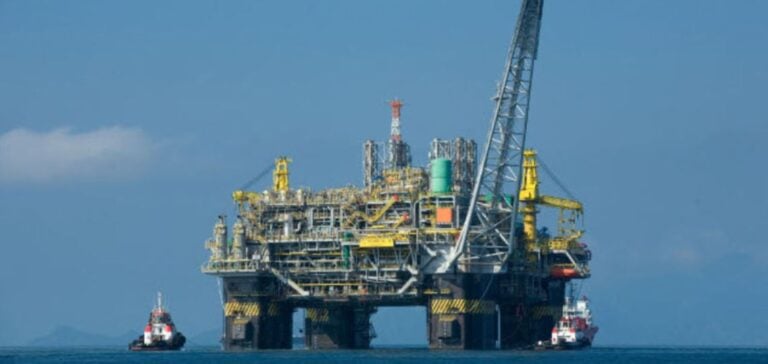Baker Hughes has announced a major contract with Petrobras for workover and plug and abandonment (P&A) services in Brazil’s offshore pre-salt and post-salt fields. The project, which will begin in the first half of 2025, will be managed with Baker Hughes’ portfolio of integrated solutions to optimize Petrobras’ performance. Baker Hughes’ integrated approach includes wireline, coiled tubing, cementing, well intervention, fishing and geosciences services in all Petrobras offshore fields. The agreement also includes Baker Hughes repair tools, completion fluids and production chemicals.
Expansion of facilities to support the project
To support this project and contribute to the advancement of Latin America’s energy landscape, Baker Hughes will expand its Macaé (Rio de Janeiro) facilities to include coiled tubing and casing services. This will contribute to the growth of Brazilian industry and its workforce. Maria Claudia Borras, Executive Vice President of Oilfield Services and Equipment at Baker Hughes, said:
“Baker Hughes brings a comprehensive technology portfolio, a deep understanding of localization and a rich history of working in Brazil to this important project. Seamlessly integrating these capabilities will be critical to the project’s success.”
Outlook for the Brazilian energy industry
Baker Hughes’ commitment to expanding its operations in Brazil illustrates a desire to strengthen the local energy industry. By investing in Macaé’s facilities, the company is not only promoting local economic growth, but also improving the skills of the Brazilian workforce. This initiative is in line with global efforts to achieve a more efficient and sustainable energy transition. The integration of Baker Hughes’ advanced technologies and services will enable Petrobras to improve the efficiency of its offshore operations, reducing costs and increasing production. This project could also serve as a model for other similar collaborations in the region, underlining the importance of innovation and cooperation in the energy sector.
The expansion of Baker Hughes’ local capabilities, coupled with its expertise in integrated solutions, positions the company as a key player in the sustainable development of energy resources in Brazil. The combination of cutting-edge technology and a skilled workforce could transform the region’s energy landscape, bringing significant long-term benefits.






















